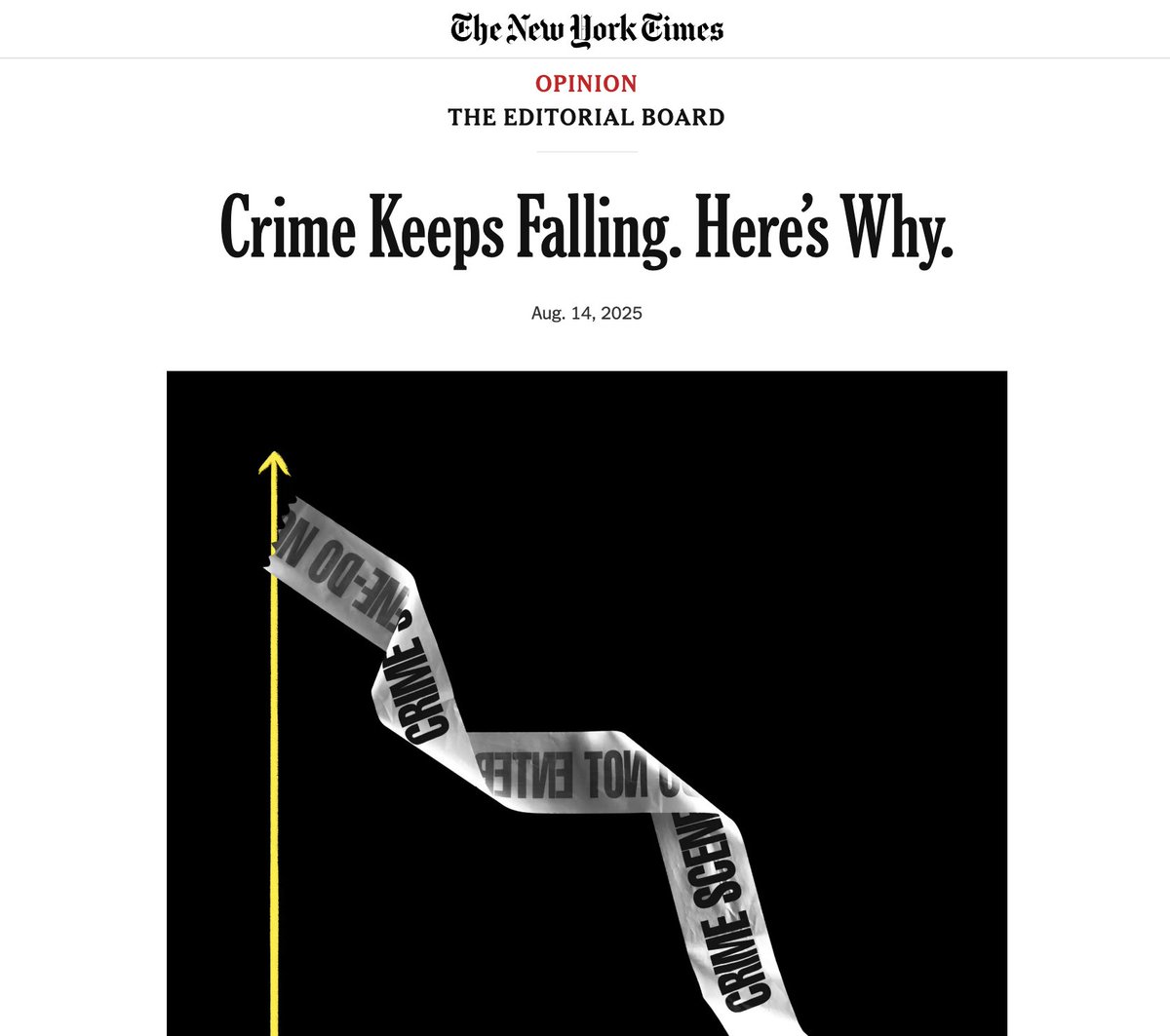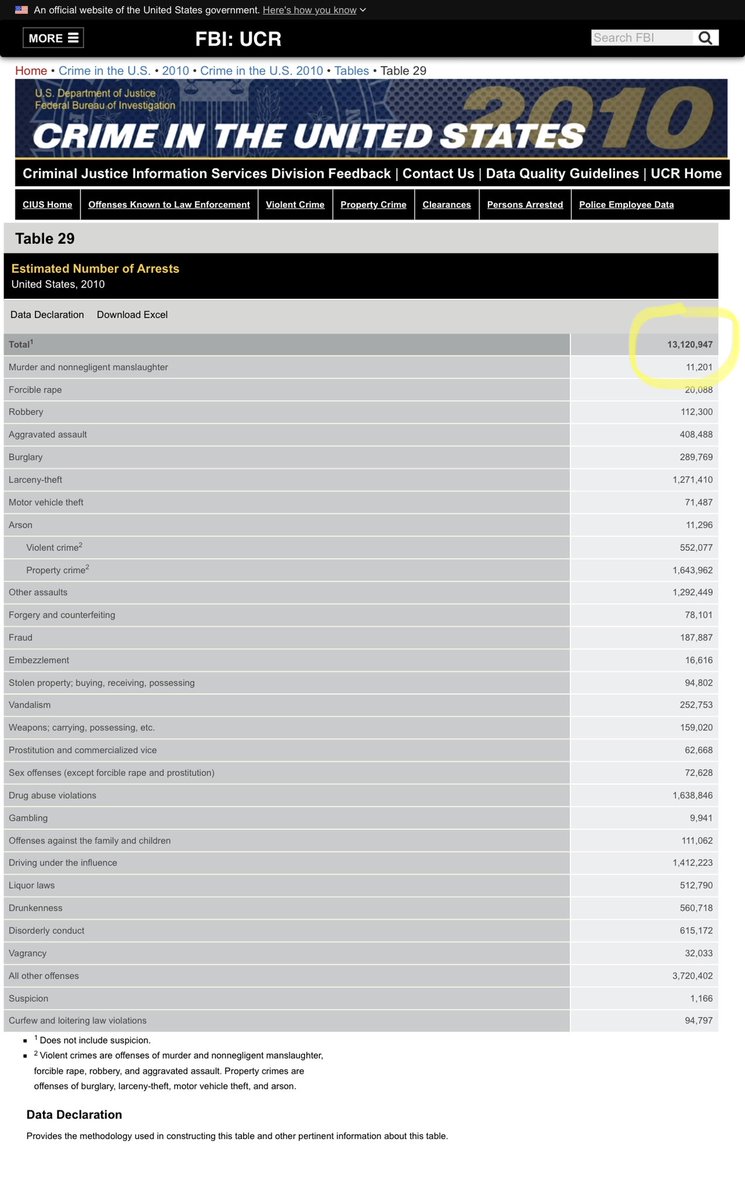
Husband | Dad x 2 | PubSafety @ManhattanInst | Contributing Editor @CityJournal | Member @CouncilonCJ | Book: https://t.co/SUyQjDklPD | Views my own
How to get URL link on X (Twitter) App


https://twitter.com/libsoftiktok/status/1965127362942828789As I've been warning for some time, a City Council bill to nix the NYPD's gang database has been floating around since March of this year. I offered up a number of arguments in opposition to the proposal in a thread I posted then, which you can see here:
https://x.com/Rafa_Mangual/status/1894036263398781259

 "Among the most damaging [mistakes made post-Floyd] was the growing belief among Democratic officials that enforcing the law could be counterproductive when it involved low-level offenses such as public drug use, shoplifting and homeless encampments."
"Among the most damaging [mistakes made post-Floyd] was the growing belief among Democratic officials that enforcing the law could be counterproductive when it involved low-level offenses such as public drug use, shoplifting and homeless encampments." https://twitter.com/bakari_sellers/status/18457803496844537212.) Who actually believes that governmental “championing” (whatever that means) of education, training, and mentorship programs is what’s going to meaningfully improve black male employment?

https://twitter.com/saralibby/status/1835697031475864032The truth is that one of the most robust and consistent findings in the social science literature on policing is that more policing/more police spending/more enforcement/“problem oriented” policing/etc. all reduce crime—particularly serious violent crime. Why is that important?

https://twitter.com/davidjtrone/status/1787135190151684415Notice the vagueness throughout the OP. Those who advance this claim (against the weight of the evidence) never bother to explain the mechanics of how poverty, unemployment or educational inequities cause a man to stab a teenage girl to death because she rejected his advances.

https://twitter.com/NYCLU/status/1773057008897294698It also ignores the facts that (1) NYC was one of the safest cities in the world not long ago, and (2) the effect police have on crime is in part a function of whether (and to what degree) other criminal justice actors do their jobs to ensure offenders are incapacitated.

 But here are some things to remember: Policing—particularly proactive policing in the crime hot-spots where these homicides tend to happen—reduces homicides. So does the incarceration of repeat offenders (who drive the bulk of America’s gun violence problem).
But here are some things to remember: Policing—particularly proactive policing in the crime hot-spots where these homicides tend to happen—reduces homicides. So does the incarceration of repeat offenders (who drive the bulk of America’s gun violence problem). 




https://twitter.com/msolurin/status/1587853546606714882Nationally, the prison population had declined by 25% since 2009 (as of EOY 2020). On the policing front, we went from seeing 13M+ arrests in a year in 2010 to just over 10M in 2019. It’s worth noting these changes (and their effects) are not evenly distributed. Neither is crime.




https://twitter.com/chrislhayes/status/1530335238269853699For starters, polling data show a sharp decline in the share of New Yorkers that feel safe on the subways, which is how quite a lot of commuters got to work back when Manhattan offices were full during the day: poll.qu.edu/images/polling…

https://twitter.com/DrIbram/status/1494356712651956226In 2019, for example, the percentage of black high school students reporting having been in at least one fight on school property in the prior year was more than twice as high as it was for white students. nces.ed.gov/pubs2021/20210… (see Figure 6).
https://twitter.com/tiffany_caban/status/1357802042757152772Here’s a paper showing significant crime declines in Washington, D.C., caused by boosts in police presence: papers.ssrn.com/sol3/papers.cf…